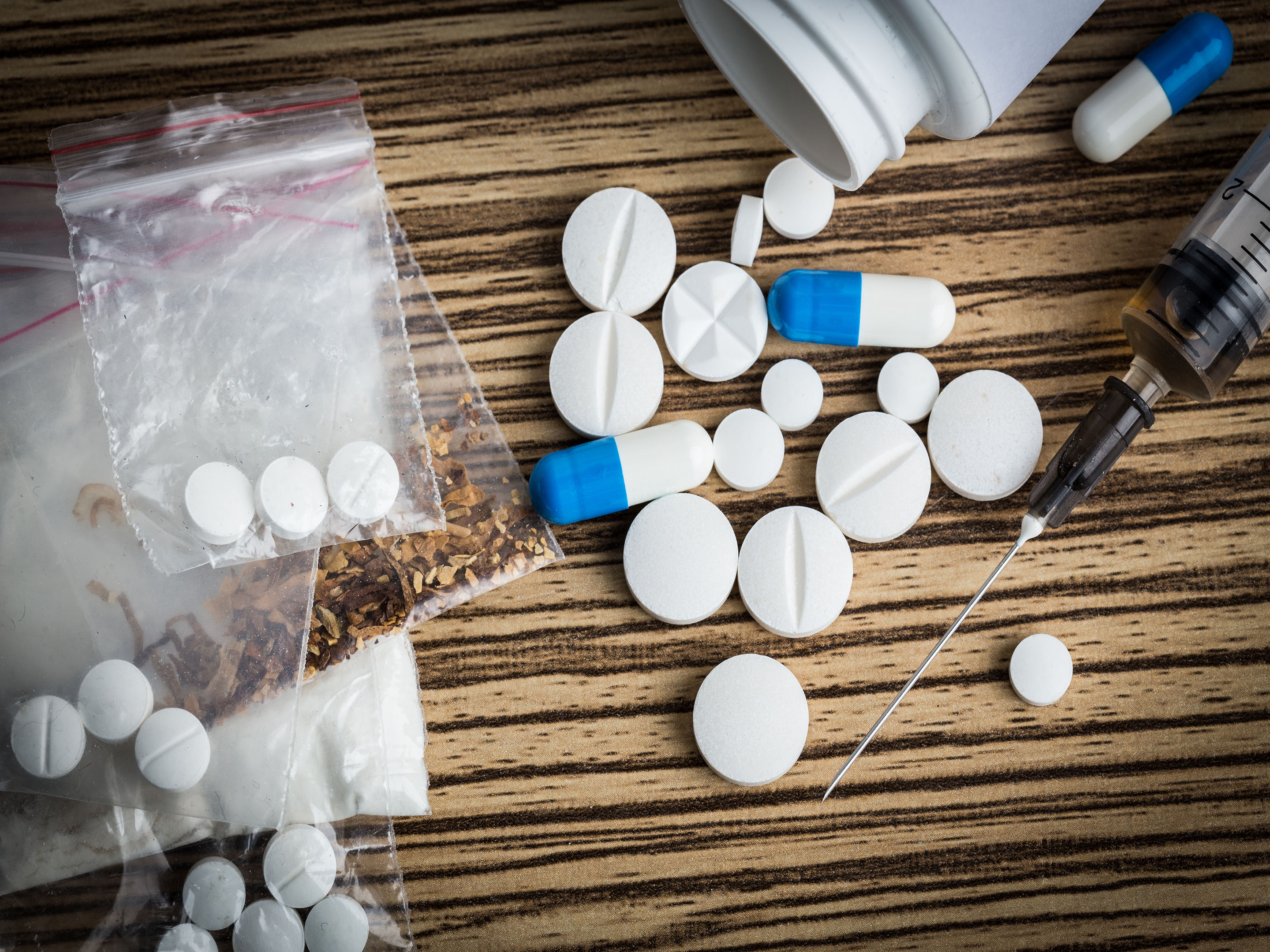Drug addiction is a pervasive issue affecting millions of people worldwide, with severe implications for individuals, families, and communities. One of the critical resources in combating this epidemic is the drug addiction hotline. These hotlines provide immediate assistance, information, and support to those struggling with addiction, offering a lifeline to recovery.
What is a Drug Addiction Hotline?
A drug addiction hotline is a confidential, toll-free service that individuals can call to receive support related to substance abuse and addiction. These hotlines are typically staffed by trained professionals, including counselors, social workers, and other mental health experts, who are equipped to handle crisis situations and provide guidance.
Services Provided by Drug Addiction Hotlines
- Immediate Support: Hotlines offer immediate assistance to individuals in crisis. This support can include emotional support, crisis intervention, and guidance on the next steps.
- Information and Resources: Callers can obtain information about addiction, treatment options, and recovery resources. This includes details about detox centers, rehabilitation facilities, and support groups.
- Referrals: Hotlines often provide referrals to local treatment centers, mental health professionals, and other relevant services. This helps individuals find the right kind of help in their area.
- Family Support: Family members of those struggling with addiction can also call hotlines for advice on how to support their loved ones and cope with the challenges of addiction.

The Role of Drug Addiction Hotlines in Recovery
- Accessibility: Hotlines are usually available 24/7, making them an accessible resource for anyone in need, regardless of the time of day.
- Confidentiality: Confidentiality is a cornerstone of these services. Individuals can seek help without fear of judgment or repercussions.
- Immediate Intervention: For many, the first step towards recovery begins with a call to a hotline. Immediate intervention can prevent overdoses, provide critical information, and guide individuals toward treatment.
- Support for Underrepresented Groups: Hotlines often serve as a crucial resource for marginalized and underrepresented groups who might face barriers to accessing traditional healthcare services.
Challenges and Limitations
- Resource Constraints: Some hotlines may face limitations in terms of staffing and funding, which can affect the quality and availability of services.
- Follow-Up Care: While hotlines provide immediate support, ensuring long-term follow-up and continued care is essential for sustained recovery.
- Awareness: Not everyone is aware of the existence or benefits of addiction hotlines. Increased public awareness is needed to ensure these resources are utilized effectively.
Case Studies and Success Stories
Numerous individuals have benefited from the services provided by drug addiction hotlines. For instance, a young woman struggling with opioid addiction was able to connect with a local treatment center through a hotline referral, ultimately leading to her successful recovery. Another case involved a family receiving guidance on how to support their son through his addiction, resulting in a strengthened family unit and a path to recovery for their loved one.
Conclusion
Drug addiction hotlines play a vital role in the battle against substance abuse. By providing immediate, confidential, and accessible support, these hotlines serve as a crucial first step towards recovery for many individuals. Continued support and funding for these services, along with increased public awareness, are essential to ensure that those in need can access the help they deserve. The impact of drug addiction hotlines is profound, offering hope and a path to recovery for countless individuals and their families.

